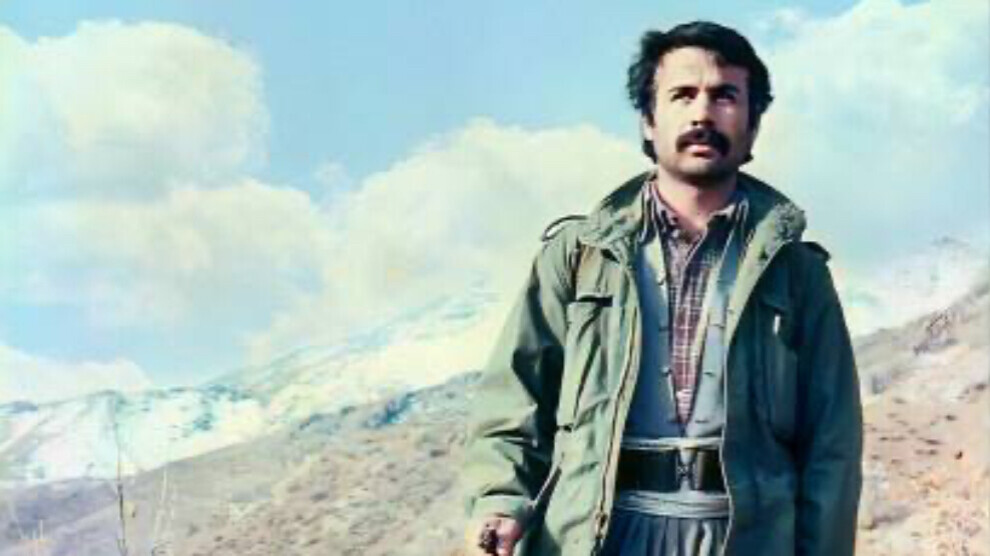15 August 1984, the day the Kurds lit a fire of hope
15 August 1984 is an important date for the Turkish-Kurdish conflict as it marks the first PKK attack, led by Mahsum Korkmaz, known as Egîd.
15 August 1984 is an important date for the Turkish-Kurdish conflict as it marks the first PKK attack, led by Mahsum Korkmaz, known as Egîd.

15 August 1984 is an important date for the Turkish-Kurdish conflict as it marks the first PKK (Kurdistan Workers’ Party) attack, led by Mahsum Korkmaz, known as Egîd, the Brave.
15 August will be celebrated throughout Kurdistan and Europe by thousands of Kurds today.
In the PKK’s second party Congress, which was held from 20 to 25 August 1982 in Daraa (Syria), it was decided that the PKK would start preparing for an insurgency inside Turkey. Training camps were opened in Syria and in Lebanon’s Beqaa Valley and propaganda teams were sent across the border to make contact with the local population.
After years of preparation, the PKK launched its first major attack on 15 August 1984. The attack was led by Mahsum Korkmaz.
PKK forces attacked the gendarmerie station in Eruh in Siirt, killing one gendarmerie soldier and injuring six soldiers. Simultaneously, PKK forces attacked a gendarmerie open air facility, officer housing and a gendarmerie station in Şemdinli, Hakkari and killed two police officers and injured one police officer and a soldier.
The first attack was followed up by a raid on a police station in Siirt on 17 August which was soon followed by an attack that killed three of General Kenan Evren’s Presidential Guards in Yüksekova and an ambush which killed 8 Turkish soldiers in Çukurca, in Hakkari province.
In the circumstances, there was no option for the PKK but to resort to armed struggle if any manifestation of the Kurdish desire for identity and recognition was to be maintained and fulfilled. On 12 September 1980, the Turkish armed forces, led by General Kenan Evren, seized power in Turkey in a military coup. One of the chief aims of the coup was to crush the Kurdish movement. The constitution was suspended, parliament was abolished, all political parties and trade unions were banned and martial law was imposed throughout Turkey. Hundreds of thousands of people were tortured, thousands disappeared, up to 650,000 people were arrested, films were banned, journalists imprisoned and killed and newspapers prevented from publishing. Many death sentences were passed; the PKK had 122 death sentences passed against its members. The PKK withdrew some of its members from Turkey to Lebanon and Syria and began political and military preparations, which culminated in the 15 August actions. Kurdish resistance has gathered and spread since.
Mahsum Korkmaz
On 28 March 1986, the legendary guerrilla commander Mahsum Korkmaz fell a martyr with a group of comrades in clashes with the Turkish troops in Gabar on 28 March 1986. Since that day, Commander Egîd has taken his place in the heart of the people of Kurdistan and his legendary stance is remembered on every occasion.
It was under his command that the Kurdish guerrillas carried out the first attack against the Turkish occupation forces on 15 August 1984 in Eruh, thus initiating the armed liberation struggle.
To commemorate Commander Egîd, a blacksmith in Kobanê made a special sculpture. The statue is made of iron and reproduces Commander Egîd in his uniform. He is holding a Kalashnikov and his face is looking up. The statue represents victory and prevision.
Mahsum Korkmaz is said to have been buried in the mass grave in Newala Kesaba, near Siirt. Every year, thousands go to pay tribute to the great commander.